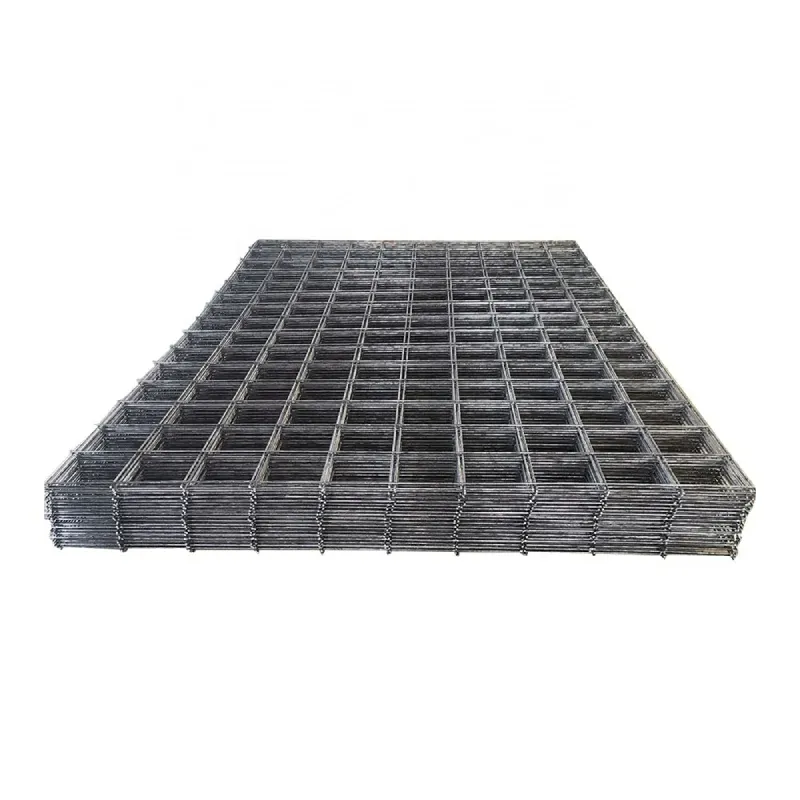The Role of Sound Barriers in Enhancing Heat Pump Systems
As global energy consumption rises, the demand for efficient heating and cooling solutions grows stronger. Heat pumps have emerged as an effective alternative, providing both heating and cooling capabilities while being environmentally friendly. However, one significant concern surrounding heat pumps is the noise they generate during operation. To address this, the implementation of sound barriers has become increasingly important, enhancing user comfort and promoting broader acceptance of this technology.
Understanding Heat Pumps and Noise Generation
Heat pumps operate by transferring heat from one location to another, using refrigeration cycles to either absorb or dissipate heat. This mechanism involves various components, such as compressors, fans, and refrigerant lines, all contributing to noise emissions. While the noise levels of modern heat pumps have been reduced due to advancements in technology, they still produce sound during operation, which can be disruptive, especially in residential areas.
The noise generated by heat pumps can be classified into two main categories mechanical noise and airflow noise. Mechanical noise arises from vibrations in the compressor and other moving parts, while airflow noise is caused by the movement of air over the coils and through the ductwork. Depending on the design and installation of the heat pump, these noise levels can vary significantly.
The Importance of Sound Barriers
Sound barriers are structures designed to absorb, deflect, or reflect sound waves, thus reducing noise pollution in the surrounding environment. The application of sound barriers in the context of heat pumps serves multiple purposes
1. Noise Mitigation The primary function of sound barriers is to lessen the impact of noise on nearby residences. By strategically placing barriers around heat pump installations, the noise can be reduced to acceptable levels, allowing homeowners to enjoy the benefits of heat pump technology without the downside of excessive sound.
2. Improving Aesthetics In addition to their functional benefits, sound barriers can also enhance the visual appeal of an area. Modern barriers come in various designs and materials, allowing for customization that can blend seamlessly with the surrounding environment or even serve as an attractive landscaping feature.
heat pump sound barrier

3. Compliance with Regulations Many municipalities have noise regulations that must be adhered to in residential areas. The installation of sound barriers can help heat pump users comply with these local ordinances, reducing the risk of fines or mandatory shutdowns due to noise complaints.
4. Enhancing Public Acceptance By addressing noise concerns through the use of sound barriers, the overall perception of heat pump systems can improve. This is particularly important in neighborhoods where heat pumps may represent a new or unfamiliar technology. By demonstrating a commitment to minimizing noise pollution, manufacturers and installers can foster greater acceptance and encourage wider adoption.
Types of Sound Barriers
There are several types of sound barriers that can be employed to enhance the performance of heat pump systems
- Acoustic Fencing These fences are specifically designed to absorb sound, reducing noise levels from nearby heat pumps. Made from materials such as dense plywood, vinyl, or specialized soundproofing materials, acoustic fencing can significantly lower noise emissions.
- Landscaping Solutions Planting trees or shrubs can also act as a natural sound barrier. While they may not provide the same level of sound attenuation as solid barriers, they can contribute to reducing noise in conjunction with other methods.
- Sound Walls Constructed from heavy materials like concrete or masonry, sound walls offer robust protection against noise. These barriers are often used in commercial applications but can also be adapted for residential use around heat pumps.
Conclusion
As we strive to achieve a more sustainable future through energy-efficient solutions, heat pumps are at the forefront. However, noise generation remains a critical barrier to their acceptance. By using sound barriers effectively, we can mitigate the impact of these noises, enhance public acceptance of heat pumps, and ensure compliance with local regulations. This multifaceted approach not only benefits homeowners but also contributes to a quieter and more harmonious living environment. As technology continues to evolve, the integration of innovative sound barrier solutions will undoubtedly play a pivotal role in the ongoing development of heat pump systems.
-
Turn Down the Noise: The Future of Highway Sound Barriers
NewsApr.09,2025
-
Silence the Sound: The Power of Highway Noise Barriers
NewsApr.09,2025
-
Reduce Road Noise Effectively with Highway Noise Barriers
NewsApr.09,2025
-
Noise-Free Living: How Highway Barriers Make a Difference
NewsApr.09,2025
-
Engineered for Silence: Highway Noise Barriers for Every Road
NewsApr.09,2025
-
Effective Noise Control: Highway Barriers for a Quieter Tomorrow
NewsApr.09,2025
Subscribe now!
Stay up to date with the latest on Fry Steeland industry news.

